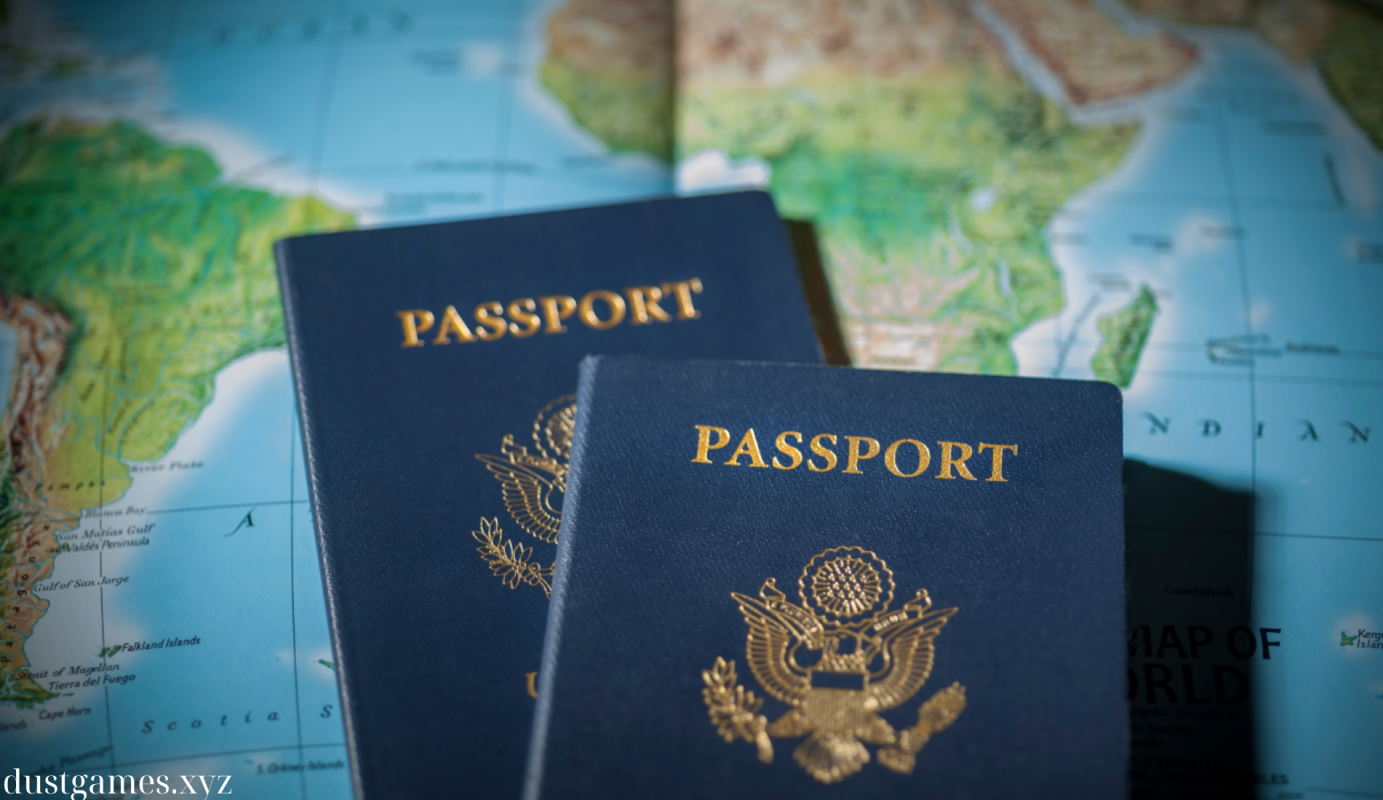Safety Tips
Safety in Different Countries: Important Guidelines for Traveling Abroad
Traveling abroad opens the door to incredible experiences and cultural enrichment, but it also requires careful planning and awareness to ensure your safety. Each country has its unique safety considerations, influenced by local laws, customs, and environmental factors. This guide provides essential safety guidelines to help you navigate different countries confidently, allowing you to enjoy your travels while minimizing risks.
Table of Contents
ToggleKey Highlights
- Country-Specific Safety Guidelines: Understand the safety considerations for different regions.
- Cultural Sensitivity: Respect local customs and traditions to avoid misunderstandings.
- Health Precautions: Take necessary health measures to protect yourself abroad.
- Emergency Preparedness: Be prepared for emergencies and know how to respond.
- Travel Insurance: Ensure you have adequate coverage for international travel.
Country-Specific Safety Guidelines: Tailoring Your Precautions
The Experience: Different countries have varying safety conditions and risks. Understanding these specific guidelines helps you stay informed and prepared for potential challenges.
Why It’s a Must-Have: Tailoring your safety precautions to the country you are visiting helps you address unique risks and adhere to local practices, enhancing your overall travel experience.
Top Guidelines:
- Research Local Safety Conditions: Before traveling, research safety conditions, including crime rates, political stability, and natural hazards specific to your destination.
- Understand Local Laws and Regulations: Familiarize yourself with local laws and regulations to avoid legal issues. For example, some countries have strict rules regarding behavior, dress code, or prohibited items.
- Know the Local Emergency Numbers: Learn the local emergency numbers for police, medical services, and fire departments. Having these numbers readily available can be crucial in case of an emergency.
Cultural Sensitivity: Respecting Local Customs
The Experience: Being culturally sensitive and respectful helps you integrate smoothly into the local environment and fosters positive interactions with residents.
Why It’s a Must-Have: Respecting local customs and traditions prevents misunderstandings and demonstrates your appreciation for the culture, contributing to a more enjoyable travel experience.
Top Tips for Cultural Sensitivity:
- Dress Appropriately: Adhere to local dress codes and customs, especially in religious or conservative areas. Modest clothing may be required in certain regions.
- Understand Social Etiquette: Learn basic social etiquette, including greetings, dining customs, and acceptable behavior. For example, some cultures have specific protocols for tipping or addressing elders.
- Avoid Sensitive Topics: Be cautious when discussing topics that may be sensitive or controversial, such as politics or religion. Respect differing viewpoints and avoid engaging in heated debates.
Health Precautions: Staying Healthy Abroad
The Experience: Maintaining your health while traveling involves proactive measures to prevent illness and manage any health issues that may arise.
Why It’s a Must-Have: Taking health precautions ensures that you stay well and can enjoy your trip without disruptions from illness or health concerns.
Top Health Tips:
- Get Vaccinated: Check if any vaccinations are required or recommended for your destination. Ensure you are up-to-date with routine vaccinations and any additional ones specific to the country.
- Take Preventive Medications: Some regions may require preventive medications for diseases such as malaria. Consult with a healthcare professional before your trip to determine if any such medications are necessary.
- Use Safe Drinking Water: Be cautious with water quality and avoid drinking tap water in areas where it may be unsafe. Opt for bottled water or use water purification methods if necessary.
Emergency Preparedness: Responding to Unexpected Situations
The Experience: Being prepared for emergencies helps you manage crises effectively and reduces stress during unexpected situations.
Why It’s a Must-Have: Having a plan and knowing how to respond to emergencies ensures that you can handle crises calmly and efficiently, minimizing potential impacts.
Top Emergency Tips:
- Know Your Local Contacts: Keep a list of local contacts, including your embassy or consulate, emergency services, and local contacts for support. Store these details in your phone and on paper.
- Have an Emergency Plan: Familiarize yourself with emergency procedures for your destination, including evacuation routes, emergency shelters, and local crisis management protocols.
- Keep Important Documents Secure: Store important documents such as passports, visas, and travel insurance information in a secure place. Consider using a digital backup for added security.
Travel Insurance: Essential Coverage for International Travel
The Experience: Travel insurance provides financial protection and support for unexpected events, helping you manage risks and uncertainties during your trip.
Why It’s a Must-Have: Travel insurance offers peace of mind by covering potential issues such as medical emergencies, trip cancellations, and lost belongings.
Top Insurance Tips:
- Choose Comprehensive Coverage: Select a travel insurance plan that offers comprehensive coverage for medical emergencies, trip cancellations, lost luggage, and other potential issues.
- Understand Policy Details: Review the policy details carefully to understand coverage limits, exclusions, and claim procedures. Ensure that the plan fits your travel needs and destination.
- Carry Proof of Insurance: Keep a copy of your travel insurance policy and emergency contact information with you at all times for easy access in case of an emergency.
Conclusion
Traveling abroad requires a proactive approach to safety and health to ensure a smooth and enjoyable experience. By understanding country-specific safety guidelines, respecting cultural customs, taking health precautions, and preparing for emergencies, you can minimize risks and navigate your travels with confidence. Travel insurance adds an extra layer of protection, offering support and peace of mind in case of unexpected events. With these guidelines, you are well-equipped to handle diverse challenges and make the most of your international adventures.
FAQ
How can I find out about safety conditions in my travel destination? Research safety conditions through travel advisory websites, government resources, and local news sources. Consult travel forums and blogs for recent traveler experiences.
What should I know about local laws and regulations before traveling? Familiarize yourself with local laws and regulations by researching travel guides, consulting embassy websites, and reviewing resources on local customs and legal requirements.
How can I respect local customs and traditions? Learn about local customs, dress codes, and social etiquette before traveling. Observe local behavior and follow cultural norms to ensure respectful interactions.
What health precautions should I take before traveling? Check vaccination requirements, take preventive medications if needed, and be cautious with food and water quality. Consult a healthcare professional for personalized health advice.
Why is travel insurance important for international travel? Travel insurance provides financial protection and support for unexpected events such as medical emergencies, trip cancellations, and lost belongings, offering peace of mind during your trip.

